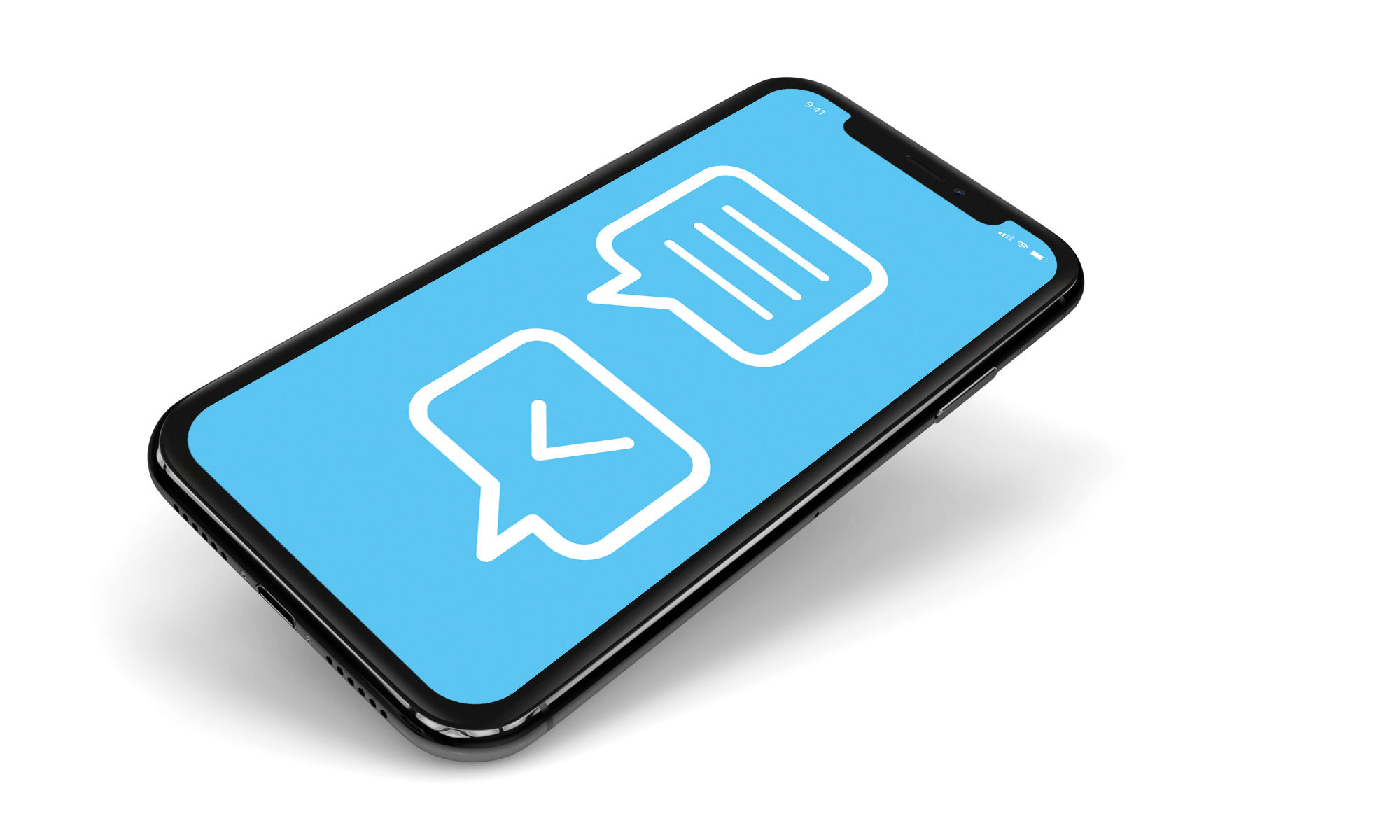Post-ICU
The Digital Journal for Tomorrow
The challenge: Post ICU Syndrome for both Patient and Family
Did you know that on average, either intentionally or unintentionally, around 85.000 people end up at an Intensive Care Unit (ICU) in the Netherlands, every year? Moreover, 50% of these patients develop significant physical, cognitive and psychological issues up to two years after their ICU admittance. These issues may take the form of insomnia, amnesia, inexplicable anxiety, feelings of depression, or having trouble to concentrate. It’s easy to understand why ex-patients experience their time in an ICU as highly stressful and intense, when taking into account that they experience these conditions on top of the illness that had them committed to the ICU in the first place.
And let’s not forget about the patient’s family. They also suffer the consequences of their loved one being committed to the ICU. Family members may experience issues such as insomnia, a feeling of powerlessness, or (severe) insecurity and anxiety.
Since 2012, there has been an official name for this condition: Post Intensive Care Syndrome, or PICS for short. When talking about a patient’s family members, the term PICS-f(amily) is often used. A further explanation of the PICS and PICS-f indication can be found here: https://eprints.gla.ac.uk/165241/7/165241.pdf

Being or having been in an ICU, and its long aftermath effects, are experienced by both patients and their families as very stressful times with very little to latch on to. There is very little influence and control over this period in time, since the patient and family are completely depending on the help that healthcare professionals provide. Apart from the actual treatment, effective and helpful support and guidance are just as crucial for the recovery of the patient and their family.
“It literally felt like I had fallen out of time… the journal has helped me to reconstruct that time and make it a part of my reality”.
The solution: Post-ICU Digital Journal
In early 2020, at the start of the first Covid-19 wave, the Payers and Care Providers in the Netherlands jointly decided for an accelerated introduction and roll out of the ‘Post-ICU Digital Journal’ – https://post-icu.com/. They made the necessary innovation funds available to Games For Health (developer and owner of the Post-ICU Digital Journal ©) and their partners to deliver this solution to the first 20 hospitals of the 80 hospitals in the Netherlands. Currently, 15 hospitals in the Netherlands are using Post-ICU and another 15 have been contracted. Additionally, 20-30 hospitals are currently in the process of acquiring Post-ICU. The current hospitals connected include: Catharina Ziekenhuis Eindhoven, Erasmus Medical Center, Isala Hospital, Jeroen Bosch Ziekenhuis, University Medical Center Utrecht and many others. The pricing structure deployed is: (a) one time implementation fee per hospital and (b) one-time fee per ICU admission, assuming that each ICU patient is offered a Post-ICU Digital Journal. A short movie that gives an overview of the concept can be viewed here: https://youtu.be/xIfORaY84d0.
The user experience
Games For Health has so far seen an accelerated take up of Post-ICU of around 20% within the ICU population. Moreover, the company is often shown great appreciation by both patients and (ICU) medical staff for this new and groundbreaking service.
Post-ICU has been proven to have a positive impact on both the severity of PICS and an accelerated recovery rate for both patients and their family (see McIlroy study). Furthermore, the Post-ICU concept is also incorporated in the ‘ICU liberation campaign’ developed by the Society of Critical Care Management in the United States.
The conclusion
On average, people are admitted to the ICU for 3 days. Patients usually remember nothing about this period. When this time is “given back” to them in the form of messages, photo’s, drawings, videos and sound recordings, it has been found to accelerate the recovery from both PICS and PICS-f.
Post-ICU’s effectiveness therefore lies within the cooperation between family members, healthcare professionals, and later the patient themselves. A digital journal that is kept for tomorrow.
More information
- Visit Post-ICU’s website: https://post-icu.com
- Check out Post-ICU on
 Facebook
Facebook

